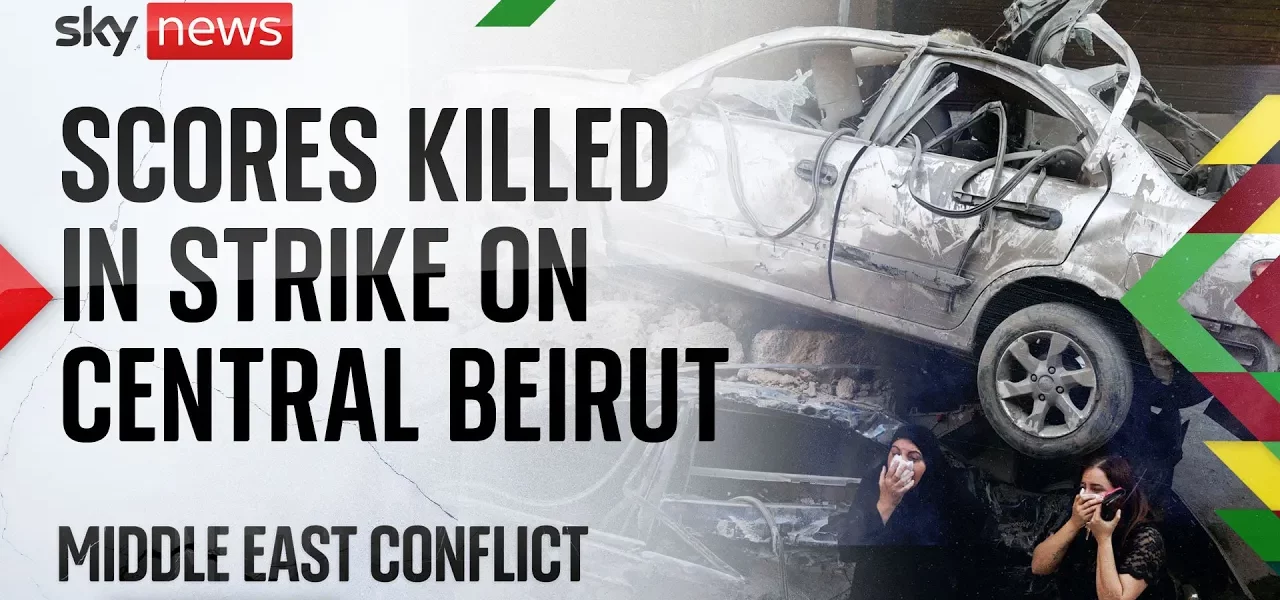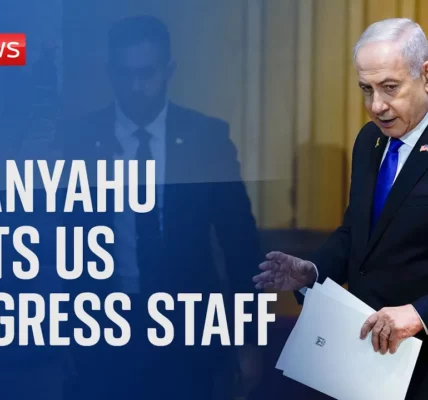Devastating Israeli Air Strikes in Beirut: A Civilian Perspective

This article provides a comprehensive overview of the recent Israeli air strikes in Beirut, focusing on the tragic impact on civilians and families, the ongoing conflict, and the urgent humanitarian crisis arising from the situation.
Introduction
The recent Israeli air strikes in Beirut have left a profound and tragic impact on the civilian population, particularly in the central Bay Route area. With little to no warning, residents found themselves in the midst of chaos, as apartment buildings were reduced to rubble. This article delves into the heart-wrenching experiences of affected families, the ongoing humanitarian crisis, and the alarming reality of a war that continues to displace and devastate lives.
The Immediate Aftermath of the Air Strikes
As the dust settles from the Israeli air strikes, the scene is one of utter devastation and despair. Rescue workers are tirelessly searching through the debris, urging remaining civilians to keep a safe distance from potentially collapsing structures.
The Habush Family’s Ordeal
The Habush family, like many others, faced a harrowing escape from their home. They recount their terrifying experience:
- The moment of the strike: “I was coming back home and I saw the strike in front of me. Everything was collapsing,” recalls a family member.
- Fleeing the flames: “There was fire all over the place, and I couldn’t handle it. I saw people dying in front of me.” This vivid recollection underscores the sheer panic and fear that engulfed the area.
- The impact on children: The family managed to escape with their children, but the traumatic images of death and destruction have left lasting scars on their young minds.
A Shift from Safety to Danger
Previously considered a safe area, the sudden escalation of violence has left residents in a state of constant fear and anxiety.
Perceptions of Safety
The community had previously thought themselves safe, especially as many had fled from other conflict zones only to find themselves in the line of fire.
The Target of the Strikes
While reports indicate that a Hezbollah leader was the intended target, local residents express disbelief that such a strike would occur in an ordinary residential area.
Ongoing Rescue Operations and Humanitarian Concerns
Rescue operations continue amidst the ruins, though the chances of finding survivors dwindle with each passing hour.
Search and Rescue Efforts
Search and rescue teams are on the scene, diligently working to locate individuals trapped beneath the rubble. The efforts, however, are met with significant challenges:
- Structural instability: Ongoing threats of further collapses complicate rescue efforts.
- Emotional toll on rescuers: The sight of dead bodies being removed on stretchers adds to the already heavy burden carried by these brave individuals.
The Humanitarian Crisis Unfolding
As the conflict escalates, the number of displaced individuals in Lebanon surpasses one million, leading to a severe humanitarian crisis. People are exhausted, fearful, and uncertain of their futures.
The Psychological Impact of War
Beyond the physical destruction, the psychological impact of such traumatic events cannot be understated. Families are left grappling with loss, fear, and uncertainty.
Children’s Trauma
The experiences of children witnessing violence and death can have lasting effects. The Habush family’s children, for instance, have been deeply affected by the horrific sights they encountered during the strikes.
Community Resilience and Support
Despite the overwhelming despair, communities are coming together to support each other in these trying times. Local organizations and volunteers are mobilizing to provide assistance to those in need.
Conclusion
The recent Israeli air strikes in Beirut have not only caused immediate destruction but also instilled a pervasive sense of fear among civilians. As families like the Habush family navigate the aftermath of this tragedy, the need for humanitarian support and psychological assistance becomes increasingly urgent. It is imperative that the international community responds to this crisis, aiding those who have lost everything and helping to rebuild lives shattered by conflict.
For further updates and information on how you can help, please visit our humanitarian aid page.
“`




